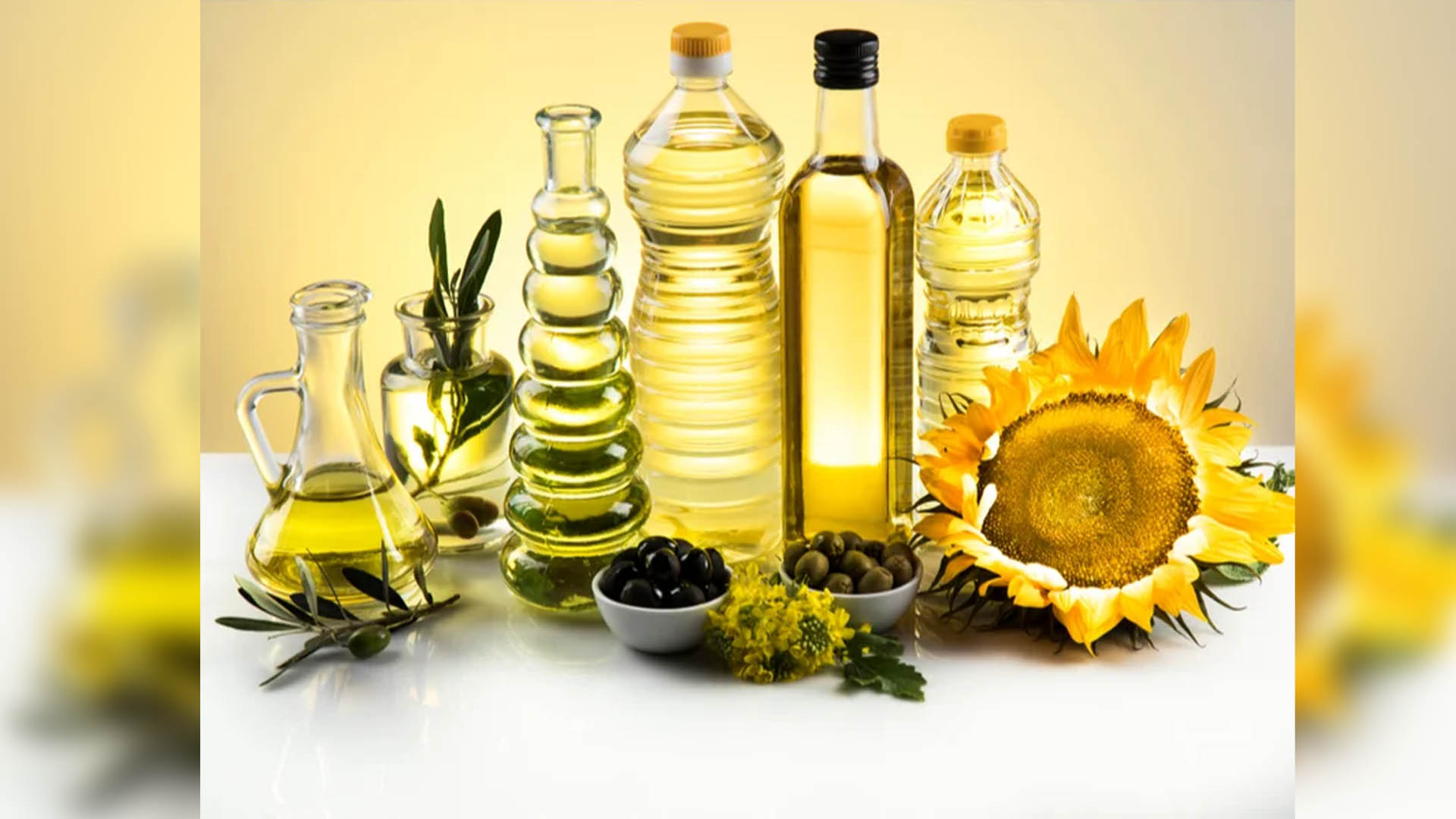The Secretary of the Department of Food and Public Distribution (DFPD), Government of India, chaired a crucial meeting today with representatives from key edible oil associations, including the Solvent Extraction Association of India (SEAI), Indian Vegetable Oil Producers’ Association (IVPA), and Soyabean Oil Producers Association (SOPA). The discussion focused on the pricing strategy for edible oils amid recent changes in customs duties.
The leading associations were instructed to ensure that the Maximum Retail Price (MRP) of edible oils remains stable until the availability of stocks imported at 0% and 12.5% Basic Customs Duty (BCD). They were urged to communicate this directive to their members promptly.
Previously, the Department’s engagement with the edible oil industry led to a reduction in the MRP of several oils, including Sunflower Oil, Soyabean Oil, and Mustard Oil. This price drop followed a decrease in international oil prices and a reduction in import duties, which had made these oils more affordable for consumers. The government has consistently advised the industry to align domestic prices with international trends to lessen the financial burden on consumers.
In a recent move, the Government of India has increased the Basic Customs Duty on various edible oils to support domestic oilseed prices. As of September 14, 2024, the Basic Customs Duty on Crude Soybean Oil, Crude Palm Oil, and Crude Sunflower Oil has been raised from 0% to 20%, bringing the effective duty on these crude oils to 27.5%. Similarly, the Basic Customs Duty on Refined Palm Oil, Refined Sunflower Oil, and Refined Soybean Oil has been increased from 12.5% to 32.5%, making the effective duty on refined oils 35.75%.
These adjustments are part of the government’s strategy to bolster domestic oilseed farmers, especially as new soybean and groundnut crops are expected to enter the market from October 2024. The decision reflects a thorough review of global market conditions, including increased production of soybeans, oil palm, and other oilseeds, higher global ending stocks, and a fall in global prices due to surplus production. The surge in imports of cheaper oils had been putting downward pressure on domestic prices.
By raising the landed cost of imported edible oils, these measures aim to support domestic oilseed prices, enhance production, and ensure fair compensation for farmers. The central government is also aware that there is currently a stock of approximately 30 lakh metric tons (LMT) of edible oils imported at lower duties, sufficient to meet 45 to 50 days of domestic consumption.

